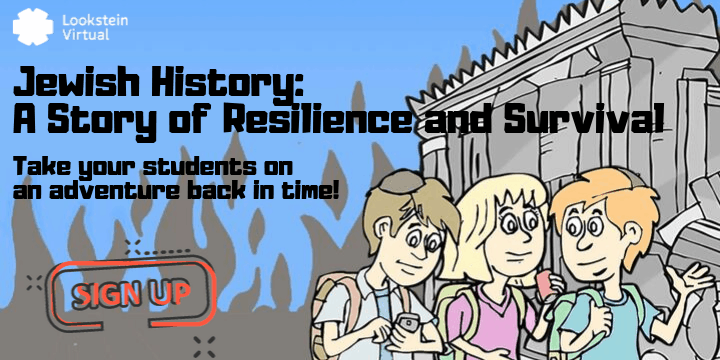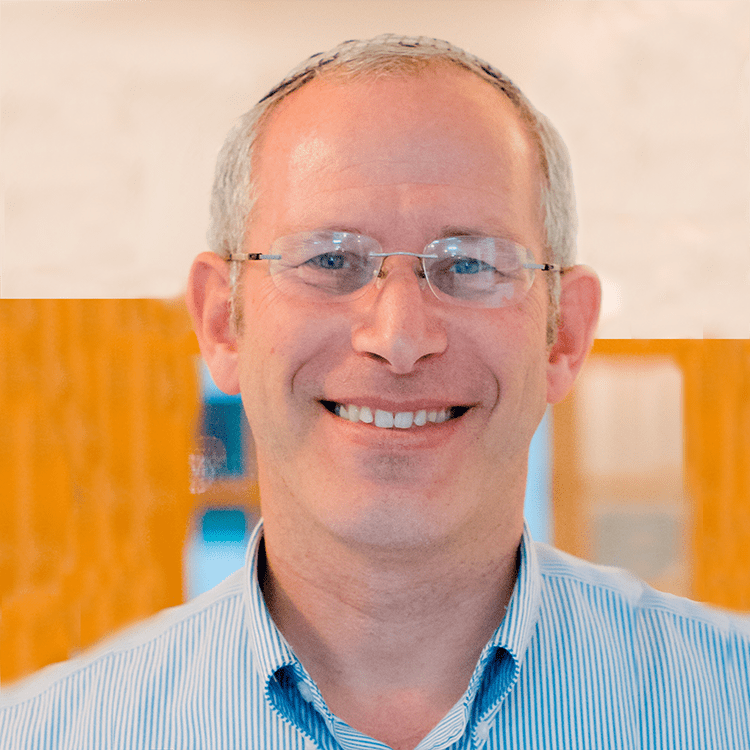The Internal Life of the Jewish Educator
The voices of teachers as educators are heard in classrooms and sometimes in living rooms. But the voices of teachers as people are rarely heard – so much so that teachers often do not share their most intense struggles, even with other teachers. Just as an example – in the Call for Papers for this issue we, for the first time in the more than 15 years of Jewish Educational Leadership, explicitly welcomed anonymous submissions. During our conversations with potential contributors several, each independently, shared that the volatility of what they wanted to share was so intense that they were afraid that even an anonymous submission would implicate them in some way and jeopardize either their personal or professional lives.
Most day school teachers live in the communities in which they work. Everything they do is subject to scrutiny – including their finances, their children and spouses, their recreational activities and shopping, their personal religious practices, their friends, and so much more. Many think that day school teachers should always be “on call” and available for a quick parent-teacher conference anytime, anyplace. Issues of public scrutiny over private life, of navigating the appropriate boundaries of complex relationships, of managing personal and mental health challenges, of maintaining one’s integrity when professional and personal identity are not completely in sync, and so many others can make our beloved work … complicated.
And none of this even begins to touch upon the unique challenges of heads of school
This issue of Jewish Educational Leadership is devoted to giving voice to the internal life of Jewish educators – a voice with which other educators will identify as they read, and which non-educators should be familiar so that they understand one element of the complexity of what it means to be a Jewish educator.
We thank and applaud all those who wrote for this issue, for eloquently sharing their own reflections and being prepared to expose a part of themselves that is usually expected to be kept under wraps. As always, it is our hope that bringing these issues to the fore will serve as a spark for professional discussions in faculty rooms, thoughtful discussions in living rooms, and meaningful discussion in board rooms.
Bivrakha,
Rabbi Zvi Grumet, Ed.D.




